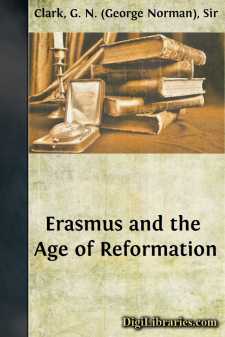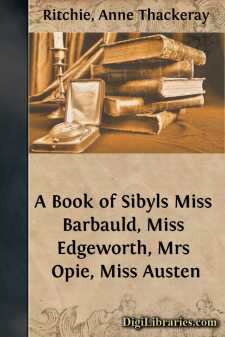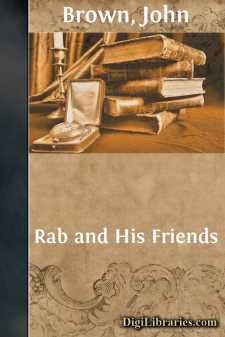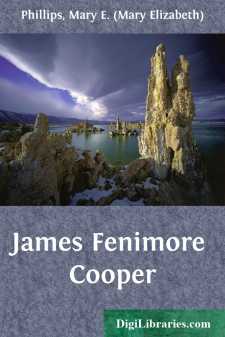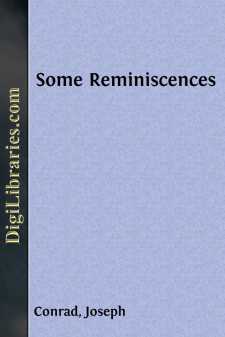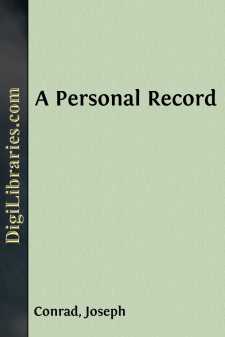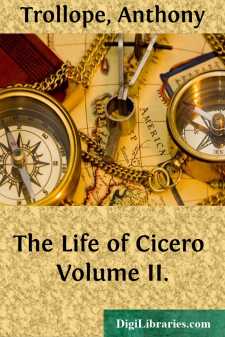Biography & Autobiography
- Adventurers & Explorers 15
- Artists, Architects, Photographers 16
- Business 2
- Composers & Musicians 14
- Criminals & Outlaws 5
- Editors, Journalists, Publishers 6
- Educators 1
- Entertainment & Performing Arts 3
- General 73
- Health, Exercise & Fitness 1
- Historians 3
- Historical 83
- Law Enforcement 1
- Lawyers & Judges 3
- Literary
- Medical 7
- Military 48
- Naturalists, Gardeners, Environmentalists 8
- Personal Memoirs & Diaries 226
- Philosophers 3
- Political 9
- Presidents & Heads of State 38
- Religious 38
- Rich & Famous 27
- Scientists 13
- Women 31
Literary Books
Sort by:
PREFACE by G.N. Clark, Provost of Oriel College, Oxford Rather more than twenty years ago, on a spring morning of alternate cloud and sunshine, I acted as guide to Johan Huizinga, the author of this book, when he was on a visit to Oxford. As it was not his first stay in the city, and he knew the principal buildings already, we looked at some of the less famous. Even with a man who was well known all...
more...
by:
Stapleton Martin
ANNA SEWARD Anna Seward, a daughter of the Rev. Thomas Seward, destined to become, by universal assent, the first poetess of her day in England, was born 12th December, 1747. Her mother was Elizabeth, one of the three daughters of the Rev. John Hunter (who was in 1704 appointed Head Master of Lichfield Grammar School), by his first wife, Miss Norton, a daughter of Edward Norton, of Warwick, and...
more...
'The first poetess I can recollect is Mrs. Barbauld, with whose works I became acquainted—before those of any other author, male or female—when I was learning to spell words of one syllable in her story-books for children.' So says Hazlitt in his lectures on living poets. He goes on to call her a very pretty poetess, strewing flowers of poesy as she goes. The writer must needs, from the...
more...
by:
Sidney Lee
PREFACE This work is based on the article on Shakespeare which I contributed last year to the fifty-first volume of the ‘Dictionary of National Biography.’ But the changes and additions which the article has undergone during my revision of it for separate publication are so numerous as to give the book a title to be regarded as an independent venture. In its general aims, however, the present...
more...
by:
John Brown
Four years ago, my uncle, the Rev. Dr. Smith of Biggar, asked me to give a lecture in my native village, the shrewd little capital of the Upper Ward. I never lectured before; I have no turn for it; but Avunculus was urgent, and I had an odd sort of desire to say something to these strong-brained, primitive people of my youth, who were boys and girls when I left them. I could think of nothing to give...
more...
CHAPTER I Richard Harding Davis was born in Philadelphia on April 18, 1864, but, so far as memory serves me, his life and mine began together several years later in the three-story brick house on South Twenty-first Street, to which we had just moved. For more than forty years this was our home in all that the word implies, and I do not believe that there was ever a moment when it was not the...
more...
JAMES FENIMORE COOPER The light of this world fell on James Fenimore Cooper September 15, 1789. The founder of American romance was born in a quaint, two-storied house of stuccoed brick which now numbers 457 Main St., Burlington, New Jersey. It was then "the last house but one as you go into the country" and among the best of the town. In a like house next door lived the father of the...
more...
by:
Joseph Conrad
Chapter I. Books may be written in all sorts of places. Verbal inspiration may enter the berth of a mariner on board a ship frozen fast in a river in the middle of a town; and since saints are supposed to look benignantly on humble believers, I indulge in the pleasant fancy that the shade of old Flaubert—who imagined himself to be (amongst other things) a descendant of Vikings—might have hovered...
more...
by:
Joseph Conrad
A FAMILIAR PREFACE As a general rule we do not want much encouragement to talk about ourselves; yet this little book is the result of a friendly suggestion, and even of a little friendly pressure. I defended myself with some spirit; but, with characteristic tenacity, the friendly voice insisted, "You know, you really must." It was not an argument, but I submitted at once. If one must! . . . You...
more...
by:
Anthony Trollope
Chapter I. HIS RETURN FROM EXILE. Cicero's life for the next two years was made conspicuous by a series of speeches which were produced by his exile and his return. These are remarkable for the praise lavished on himself, and by the violence with which he attacked his enemies. It must be owned that never was abuse more abusive, or self-praise uttered in language more laudatory. Cicero had now done...
more...


